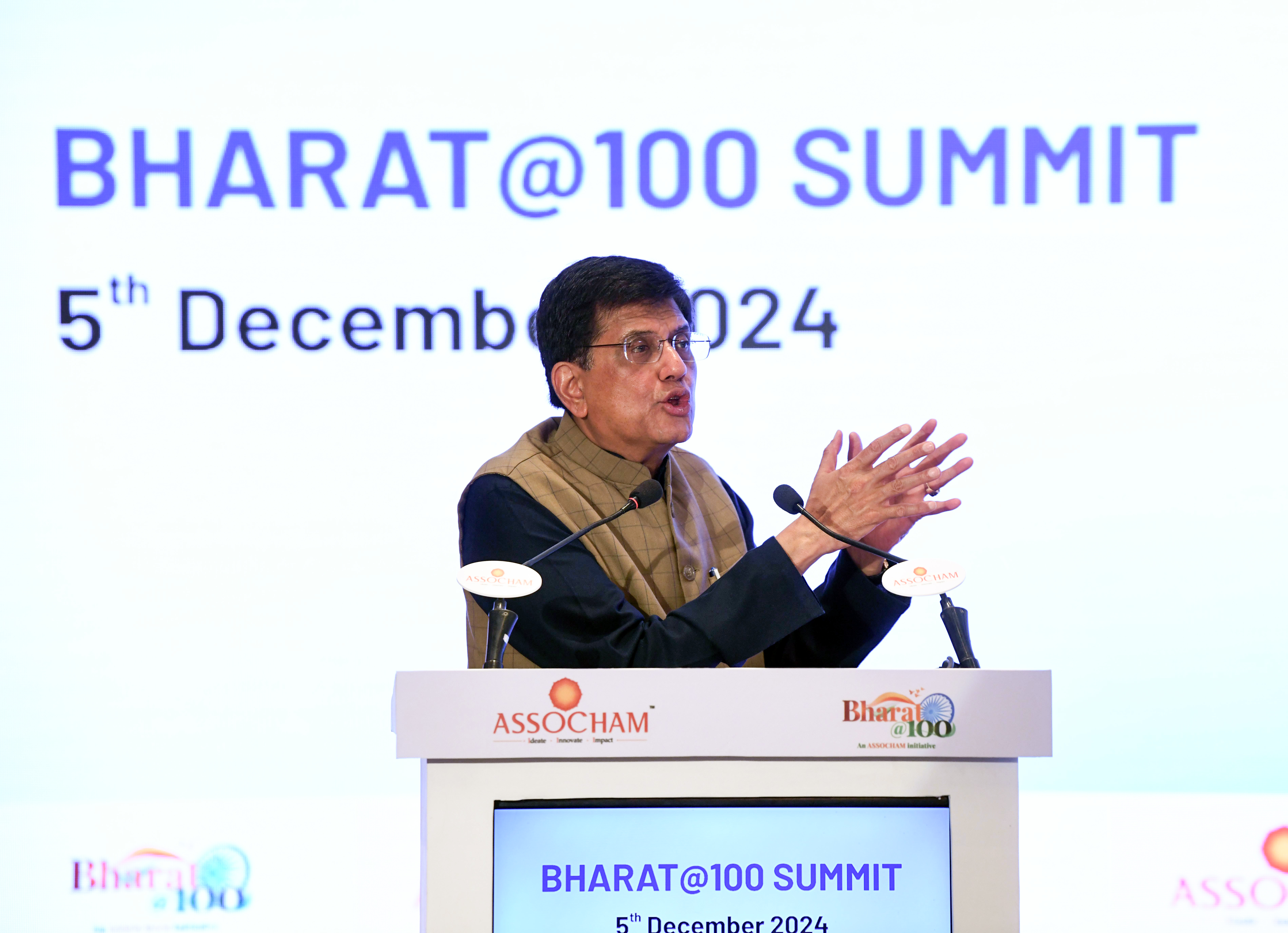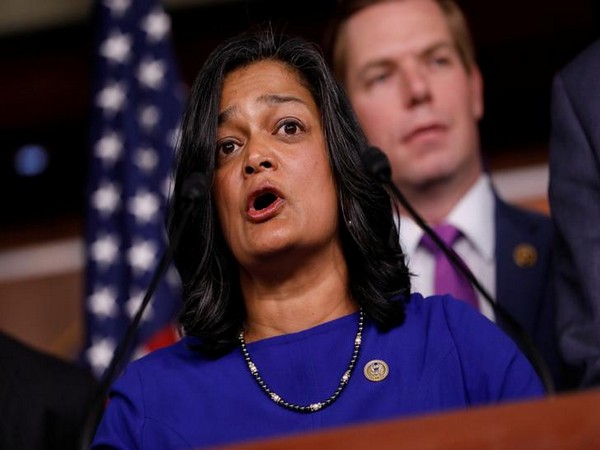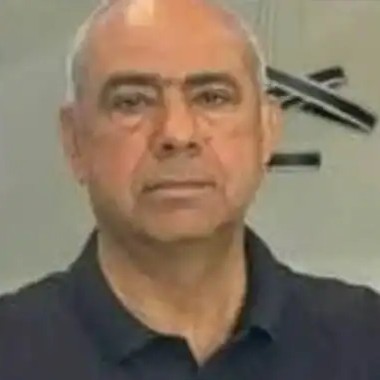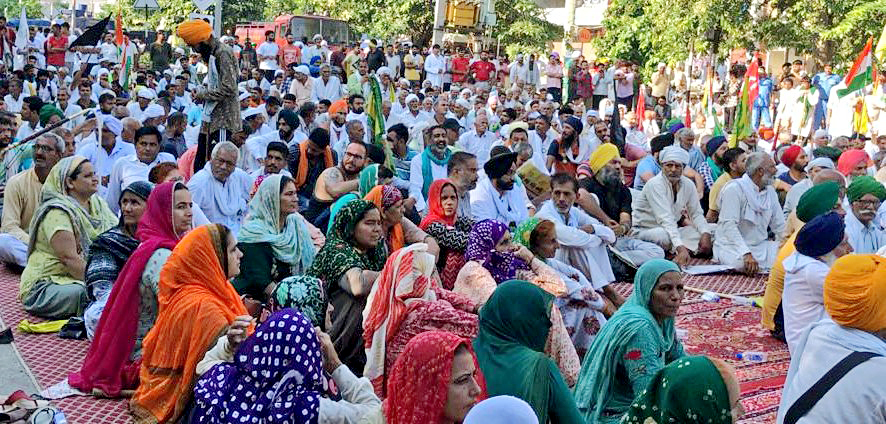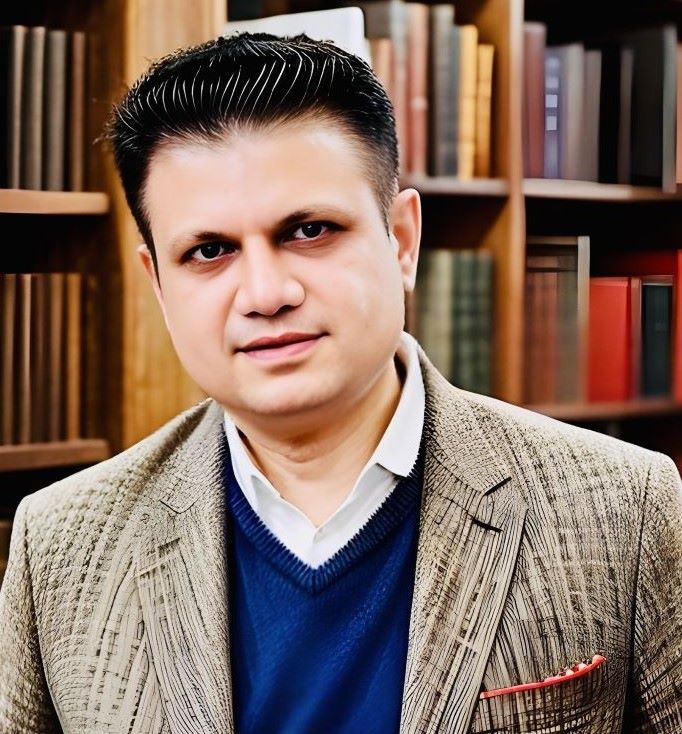Commerce & Industry Minister says that MSMEs can be provided land at concessional rates to develop their businesses in the townships
Our Bureau
New Delhi
The Government is willing to earmark areas to Micro, Small and Medium Enterprises (MSMEs) in the 20 townships being built across the nation, as the MSMEs are integral to industrial growth, stated Union Minister of Commerce and Industry, Piyush Goyal in New Delhi on Thursday.
Addressing Assocham’s Bharat @100 Summit, the Union Minister said MSMEs are integral to large businesses and industrial growth.
Stating that MSMEs are pivotal to supporting large industries in their ecosystem, the Minister noted that he would speak to States to look at providing areas to MSMEs for developing their businesses in townships and industrial parks.
He also added that MSMEs can be provided land at concessional rates to develop their businesses in the townships.
Speaking on the theme of the Summit, “Fuelling Bharat’s Global Rise”, the Minister reminded the participants of the Prime Minister Narendra Modi’s clarion call of ‘Panch Pran’ – Developed India, Removing Colonial Mindset, Taking Pride in Our Heritage, Unity and Integrity, and Collective Duty Towards the Nation.
Alluding to the passing of the Boilers Bill, 2024 in Rajya Sabha yesterday by repealing the colonial-era Act, Goyal noted that under the current Government swift action is being taken to promote Ease of Doing Business by simplifying processes, reducing compliance burden and decriminalizing laws helping the MSMEs of the country.
On the rising consumption patterns of the country, the Minister highlighted that India must become a developed nation on the back of sustainability. We can’t encourage waste, he said. Reiterating his stand, Goyal said that emerging and developing countries have to bear the brunt of the environmental degradation due to the developed countries who have been outsourcing their production to other nations. Rather than blaming the manufacturer for the carbon emission, it is directly related to consumption.
Countries with the ‘developed’ tag attained that status on the back of low-cost energy supplied by coal-based powerplants for over 100 years as they industrialized their economies, he added.
Goyal emphasized that India, whereas, has revered nature over the decades and has realized a circular economy far before than the developed countries.
He further stressed that caste census and demanding reservation on the basis of religion has outlived its shelf life. Motivation to make India a great nation should encourage every service provider to do jobs more efficiently, he pointed out, noting that citizens have to speak up against corruption and delays in processes.
The Government is willing to support skill development, Goyal highlighted, adding that already an outlay of Rs 2 lakh crore has been announced, the initiative needs to be driven in a Public-Private-Academia partnership. He urged academic institutions to take up entrepreneurship as a part of the course curriculum.
Health of the Indian economy is robust: CEA Nageswaran
V Anantha Nageswaran, the Chief Economic Advisor (CEA) of India on Thursday expressed confidence in the growth of the Indian economy. Speaking at the Assocham’s Bharat @100 Summit, the CEA said that if you look at the checklist the Indian economy is in good health.
“If you run through the checklist for Indian economy, the health is pretty robust. Whether it is external debt as the share of GDP, whether it is the non-performing assets in the banking system and then coming to the bottom left, the overall inflation rate If you look at the first seven months of the year in the last several years overall headline Inflation is well-behaved,” CEA Nageswaran stated.
He further added that there are some specific food items that are contributing to the sharp rise in inflation but it is confined to a very small percentage of the overall consumer price index basket of goods and services.
Talking about the fiscal balance and capital expenditure Nageswaran said it has improved over the last seven years.
“The orientation of fiscal expenditure in the last seven years or so has improved towards more of Capital expenditure and less of revenue expenditure as a proportion,” he said explaining the continued performance of the Indian economy.
On concerns of slowing down of the economy, the CEA said erratic monsoon and excessive rainfall did hamper some economic activity in the second quarter.
For context, India’s GDP growth has disappointed expectations, with the economy growing by just 5.4 per cent in the July-September quarter of FY2024-25, significantly below the Reserve Bank of India’s (RBI) forecast of 7 per cent.
This slower-than-expected growth has raised concerns among economists, who are now adjusting their projections for the rest of the year.
Going further, CEA Nageswaran stated, “I think in reacting to this number, we should not throw the baby out with the bot water, because the underlying growth story, still remains very much intact.”
















